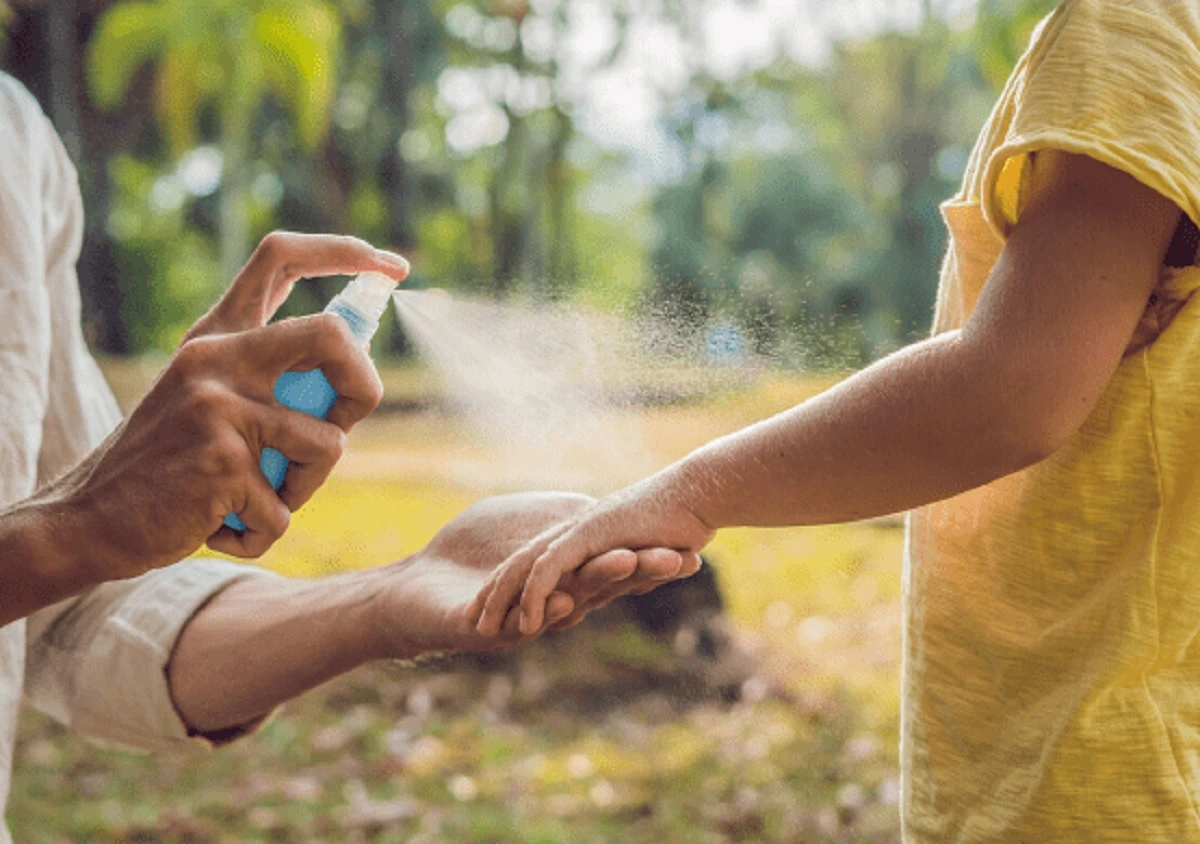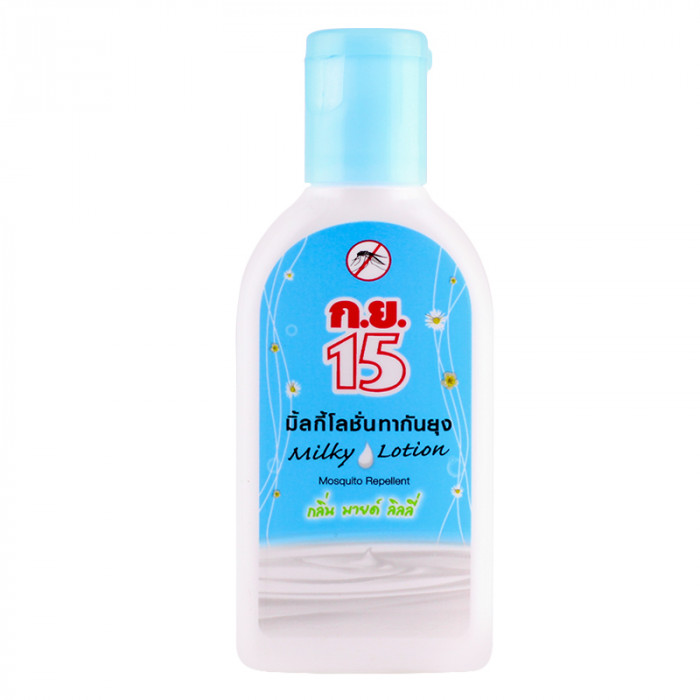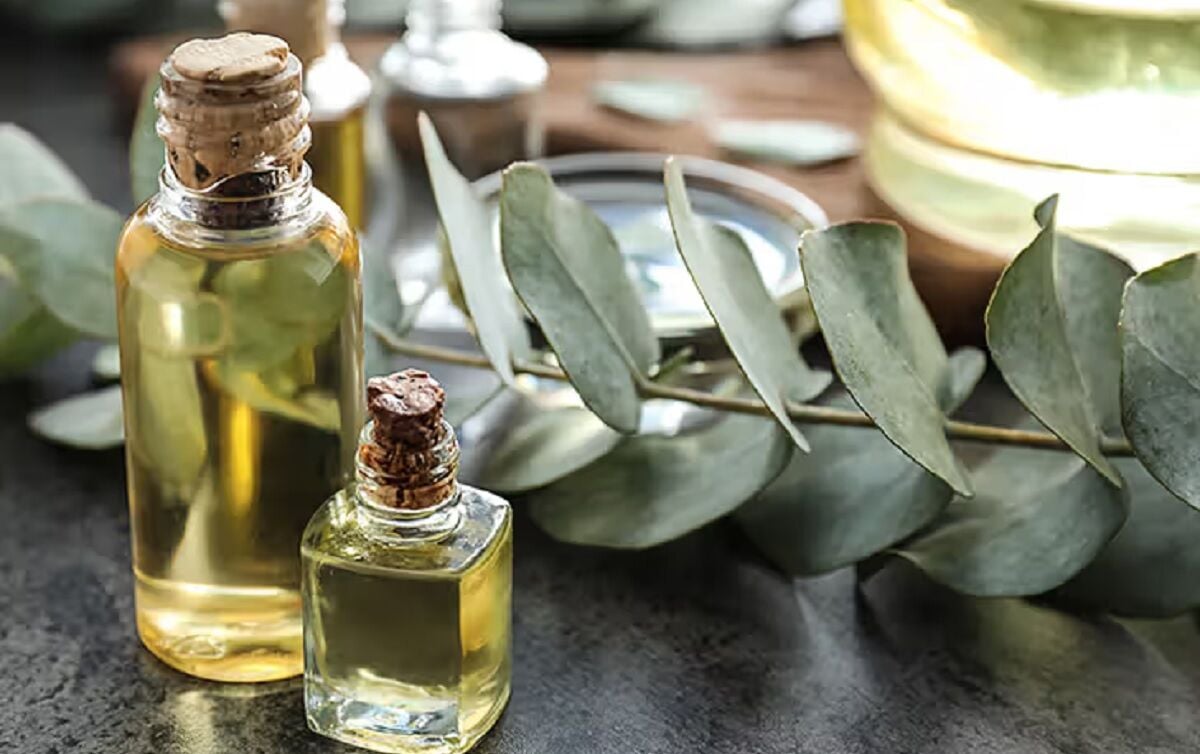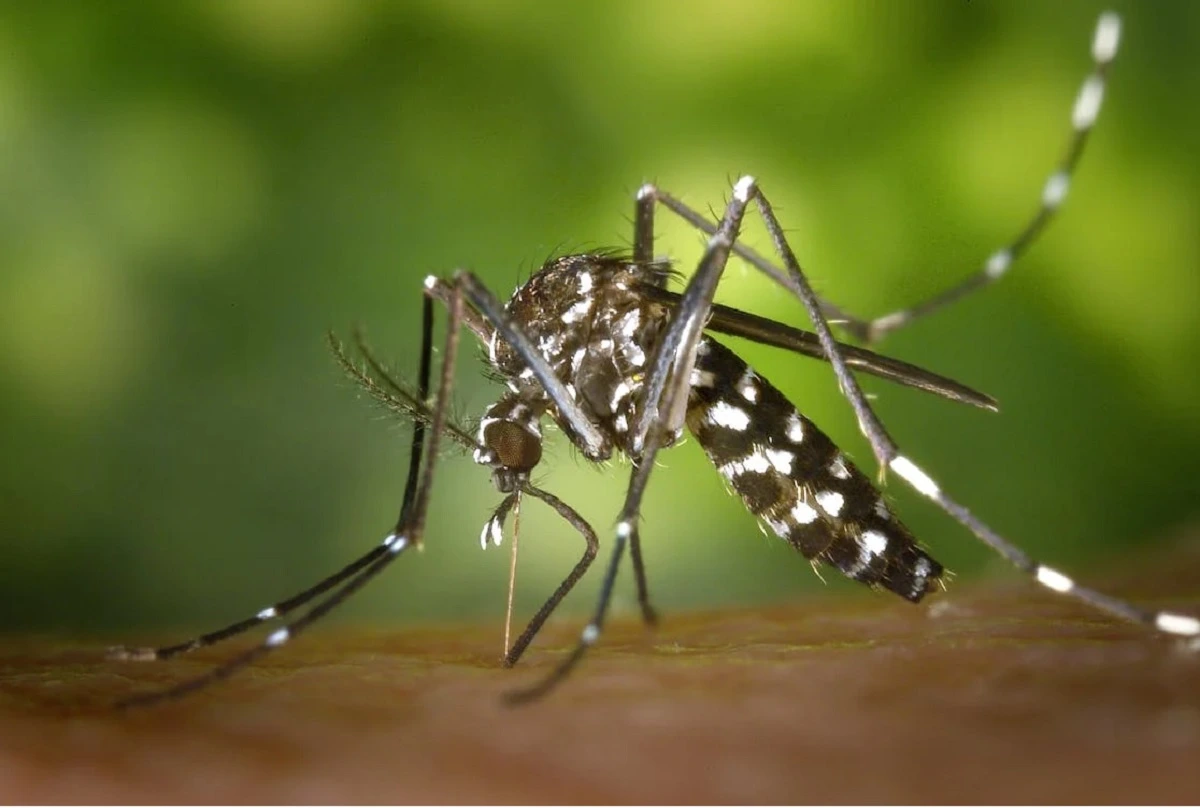Safe mosquito repellents to get in Thailand

Travelling to Thailand is sure to be a once-in-a-lifetime experience, but you should also consider the local climate. Thailand is known for its warm and tropical conditions, but unlucky for us, mosquitoes just so happen to thrive in this climate too. So before you make your trip, make sure that you have your mosquito repellents ready.
Why are mosquito repellents necessary? They act as a barrier, safeguarding you from potential diseases from mosquitoes such as dengue fever, Zika virus, malaria, and yellow fever. The Food and Drug Administration (FDA) recommends several active ingredients in mosquito repellents that are both safe and effective.
If you are not sure what to look for in mosquito repellents, we have a few options lined up for you!
FDA-recommended mosquito repellents
Selecting the right mosquito repellent is crucial for safe travel in Thailand. In choosing the right mosquito repellents, there are a few compounds recommended by the FDA to look out for to help keep those pesky mosquitoes away.
DEET
DEET is a chemical compound developed by the U.S. Army in 1946 to protect soldiers from insect bites during World War II. It was introduced to the civilian market in 1957 and has since become one of the most popular and effective insect repellents worldwide. DEET is typically applied to the skin or clothing and protects a variety of biting insects, including mosquitoes, ticks, fleas, and flies.
It is a powerful, widely used ingredient in mosquito repellents, offering long-lasting protection from various mosquito species. Products containing 20 to 30% DEET balance efficacy and skin safety. But remember to always follow the application instructions on the label.
DEET comes in various forms, including sprays, lotions, wipes, and roll-ons. It’s a slightly yellow oil that can leave a greasy residue on the skin.
Our recommended brand
Gor Yor 15 (ก.ย.15), this local classic can be found in any convenience store around Thailand. It contains up to 25% DEET and is a versatile option for any occasion, whether you are camping, or just looking for some extra protection.

Duration of protection
The duration of protection offered by DEET depends on its concentration:
| DEET Concentration | Duration of Protection |
|---|---|
| 10% | Up to 2 hours |
| 20% | Up to 4 hours |
| 30% | Up to 5 hours |
| 50% | Up to 8 hours |
| 100% | Up to 12 hours |
Picaridin
Picaridin is a synthetic insect repellent developed by Bayer in the 1980s. It was introduced to the market in Europe in 1998 and later approved for use in the United States in 2005. Unlike DEET, another widely used repellent, Picaridin is odourless, non-greasy, and does not damage plastics or synthetic materials.
Picardin is available in various forms, including sprays, lotions, and wipes.
It is worth noting that while picardin is often an effective alternative to DEET, they are more difficult to come by in convenience stores around Thailand as most products are DEET-derived or based on natural solutions. If you prefer Picardin, it is advisable to pack in advance before making your trip to Thailand.
Our recommended brand
If you really need Picardin over DEET, consider using OFF! as their lineup typically contains up to 20% Picardin. Though not as readily available as DEET-based repellents, they can generally be found at larger department stores such as HomePro.

Duration of protection
The effectiveness of Picaridin is influenced by its concentration in the formulation. Higher concentrations generally provide longer-lasting protection:
| Picaridin Concentration | Duration of Protection |
|---|---|
| 5% | Up to 3 hours |
| 10% | Up to 4 hours |
| 20% | Up to 12 hours |
Oil of lemon eucalyptus

The oil of lemon eucalyptus (OLE) is not an essential oil but rather a refined extract from the leaves of the lemon eucalyptus tree. Out of the many plant-based repellent mosquito-repellent compounds, OLE stands tall as one of the most effective solutions.
This oil has been recognised for its efficacy against mosquitoes and other biting insects, making it a popular choice for those seeking natural alternatives to synthetic repellents. Like the compounds listed above, OLE comes in many forms, characterised by its trademark lemon scent.
Our recommended brand
If you prefer mosquito repellent brands with natural compounds, you are in luck as there are a few brands that are renowned for their natural insect-repelling properties.
Most notable is the Pure Green brand, which is made from 100% natural extracts, and is marked as non-toxic and safe for consumers. They are readily available and can be found anywhere from convenience stores to major department stores.

Duration of protection
The duration of protection offered by OLE varies based on its concentration:
| OLE Concentration | Duration of Protection |
|---|---|
| 10% | Up to 2 hours |
| 20% | Up to 4 hours |
| 30% | Up to 6 hours |
Additional mosquito protection ways

To enhance protection against mosquito bites, consider implementing a combination of strategies that go beyond just using repellents.
First, physical barriers can provide a significant layer of defence. For example, consider using mosquito nets while sleeping. You should also make sure that all windows and doors in your accommodation are fitted with tight screens to prevent mosquitoes from entering.
Additionally, wearing long-sleeved shirts and trousers can help protect your skin from bites. Opt for light-coloured clothing, as it is more effective at deterring mosquitoes than dark colours, especially during the evening when these insects are most active.
Maintaining your surroundings is also crucial in limiting mosquito breeding. Remove standing water from places like discarded containers and plant saucers, as stagnant water is a breeding ground for mosquitoes.
Investing in indoor protection devices such as electric insect traps or ultrasonic repellers can provide additional safety in homes or hotels if you are on the go. Natural deterrents like citronella candles can be effective in outdoor settings to reduce mosquito presence.
Lastly, implementing time-based precautions is essential. Plan outdoor activities during times when mosquito activity is lower, such as mid-morning or early afternoon.
Practical tips for using repellents effectively
- Apply repellent on exposed skin: Focus on uncovered areas like arms and legs. Use sparingly on the face, applying with your hands to avoid direct contact with the eyes and mouth.
- Choose the right concentration: Apply less in urban areas where mosquito activity is moderate. Use a higher concentration in dense vegetation or rural settings in Thailand.
- Reapply regularly: In hot and humid climates, like Thailand, it may require more frequent application. Check the label for guidance.
- Avoid using repellents under clothing: Apply only to exposed skin and outer clothing.
- Follow age-specific guidelines: Use formulations recommended for specific age groups and avoid applying the hands of children to prevent accidental ingestion.
- Combine repellents with other protective measures: Wear long-sleeved shirts and trousers for added defence. Consider using mosquito nets in sleeping areas for enhanced protection.
- Store repellents in a cool, dry place: High temperatures can degrade product effectiveness. Check expiration dates, especially when purchasing or using older stocks.
Latest Thailand News
Follow The Thaiger on Google News:


























